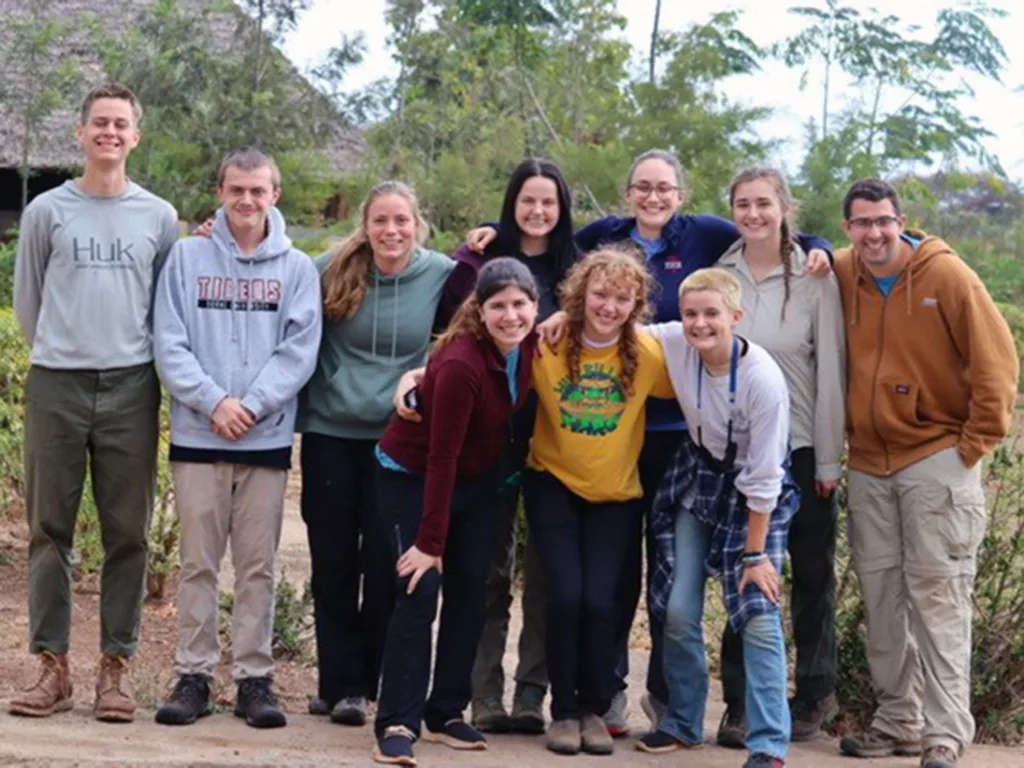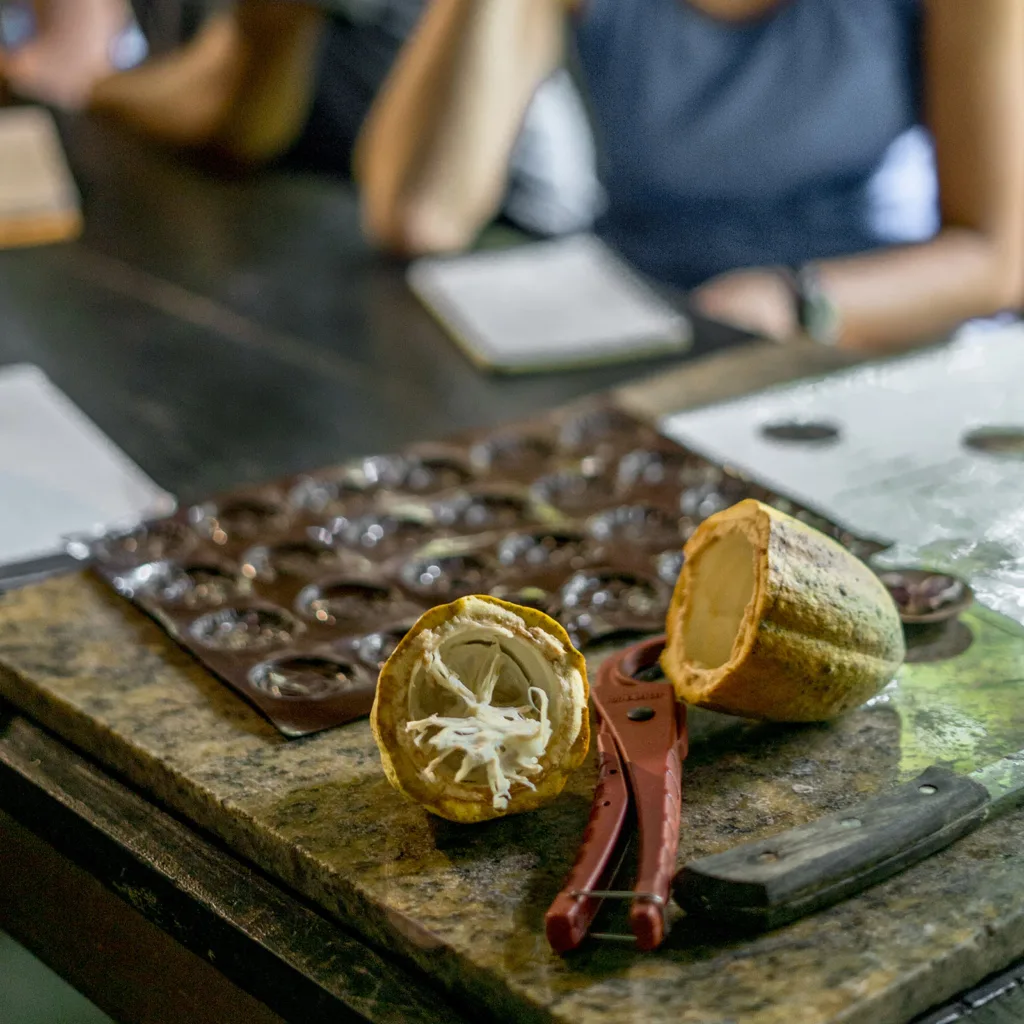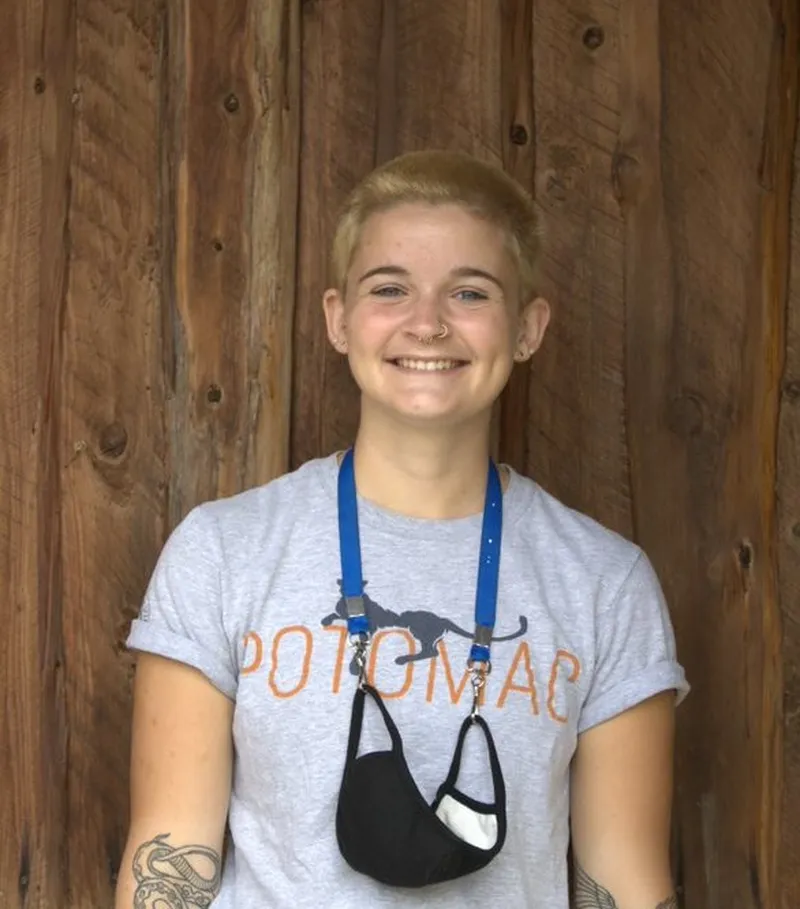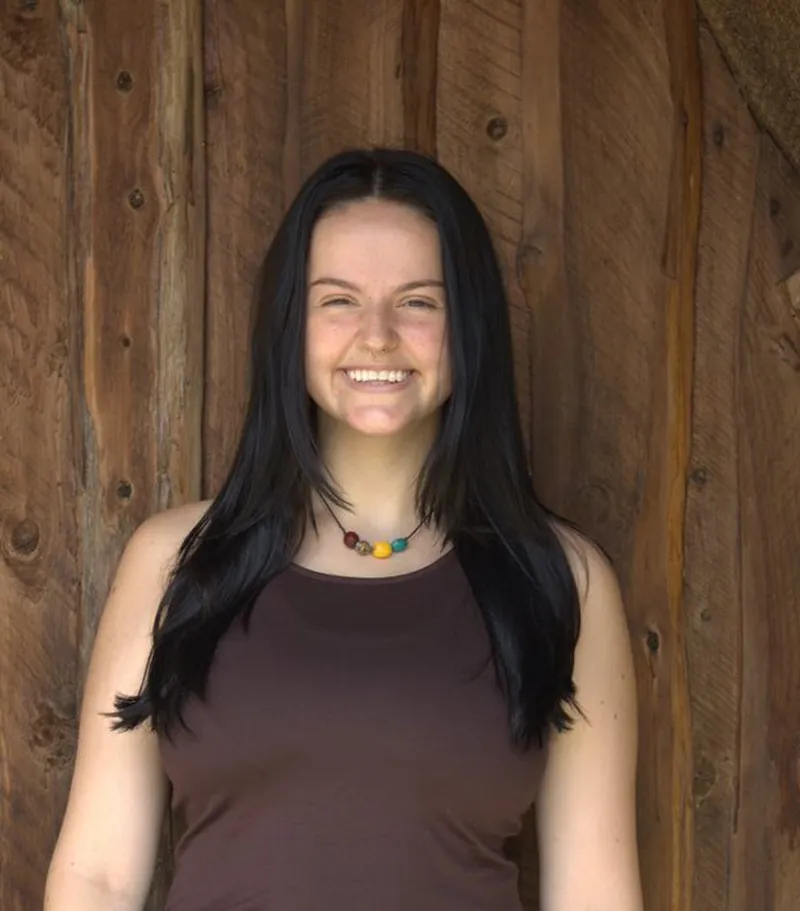Identity Abroad and Advice to Future Kenya Students
Two of our Kenya Fall 2021 students, Gwyneth and Eadaoin, share about their experiences in Kenya and on the topic of identity abroad. They weighed in on the questions, “How have aspects of your identity influenced your experience abroad, and has your experience influenced your identity?” and, “What piece of advice would you share with a future SFS student coming to your program?”
Regardless of where you go, your identity doesn’t change, just the local knowledge of it.
Gwyneth: My identity as a genderqueer student influences all of my experiences regardless of where I travel. I’m used to a certain reaction and treatment at my home university, as well as from other people in the United States, though they may vary somewhat. Coming to Kenya and studying at the SFS Center has been very different in regards to my identity. The culture is very conservative, and at first I didn’t speak up about my gender identity. It was only halfway through the semester that I mentioned being genderqueer and using they/them pronouns.
Despite the fact that the Swahili language doesn’t have pronouns, staff present for my presentation on gender identity did their best to listen and understand what I was sharing. Most of my U.S. classmates used the correct pronouns for me and stopped referring to me as a girl once I explained. I knew that if I went out into the community I would be considered a woman, while in the U.S. my gender expression is more androgynous.
Engaging with local staff members about my gender identity has reminded me of the fact that while I may be well-versed in LGBTQ+ matters and used to the terminology, different cultures and communities like the one here don’t have the same access to knowledge, and may have certain factors preventing their growth in knowledge and acceptance. Kenya was recently colonized by Britain and is still recovering from these impacts, including in social and cultural development. I know that my identity is accepted here at the SFS Center, for all that it may not be recognized or acknowledged outside the Center.
My advice for future students that may be trans or genderqueer is to remember that different societies have different levels of knowledge. This isn’t a negative indicator of the country, but rather a reality of the difference in development. The staff at SFS were welcoming, accepting, and kind; the outside community simply didn’t seem to consider different gender identities.
The most important thing is putting your safety and comfort first. This may mean adjusting your gender expression, changing your pronouns, or altering your presentation. Regardless of where you go, your identity doesn’t change, just the local knowledge of it. Studying abroad means the potential for cultural differences or societal lack of understanding; it’s important to take this into consideration and decide what is most important.
Although Maasai women are often treated differently than men, I felt surprisingly empowered as I witnessed their strength and determination in caring for their homes first-hand.
Eadaoin: When deciding to come to Kenya, I expected certain challenges as a woman. I have been subjected to certain treatment in the past because of this part of my identity and did not know exactly how being a woman would influence my time in Kenya. I began to understand what it means to be a woman in this community when I participated in Maasai homestays, where us SFS students visited/lived with a Maasai mama over two days.
Although Maasai women are often treated differently than men, I felt surprisingly empowered as I witnessed their strength and determination in caring for their homes first-hand. Mamas typically have the daily tasks of building/repairing their homes, fetching large amounts of water, preparing food, caring for their children, and much more. What I thought I knew about gender in this culture greatly expanded from experiences like these over the course of my fall semester.
My fellow students also played a part in helping me understand my identity as a woman in a foreign country. Our class of ten consisted of six women who were inevitably facing similar challenges to me, and helped me navigate my thoughts when faced with a misogynistic environment. I did not come to Kenya with the goal of growing in my knowledge of my own identity, but this program and its people have been invaluable in expanding my point of view of who I am as a woman.
My piece of advice for future women attending SFS is to keep an open mind when it comes to this program. It can be intimidating as a woman to travel to a new country where the culture is so vastly different than that in the U.S., but don’t let that discourage you from pursuing an amazing experience. The SFS staff was more than welcoming and kind, and I was surprised by the empowerment I felt as a woman surrounded by strong women.
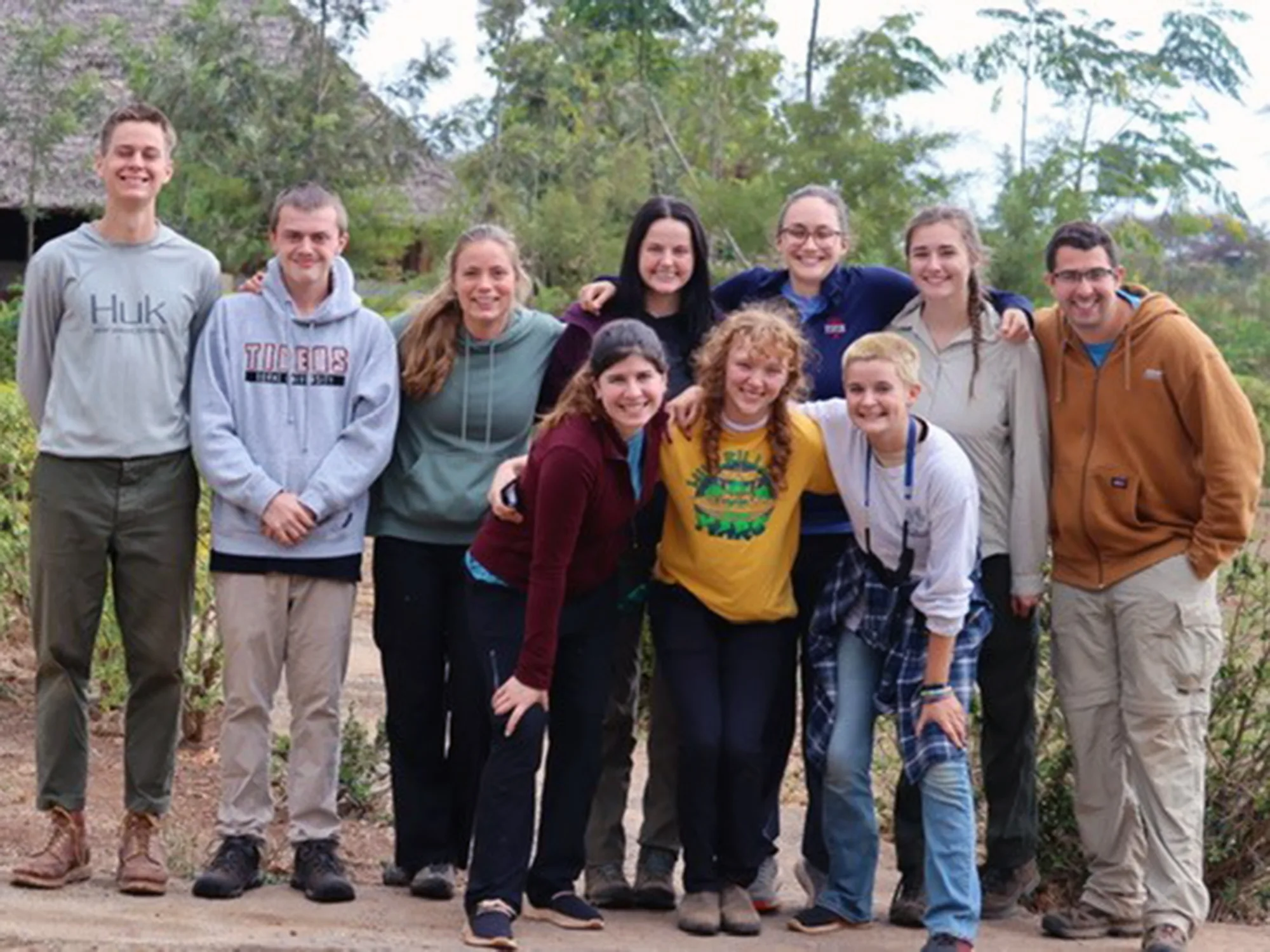
The Fall 2021 Kenya cohort, including the authors.
_______
Curious to learn a bit more about the SFS Kenya Center? Click here to read about why we’re based there, our environmental research focus, how we connect and support the local community, and even take a tour of the Center.
Related Posts
